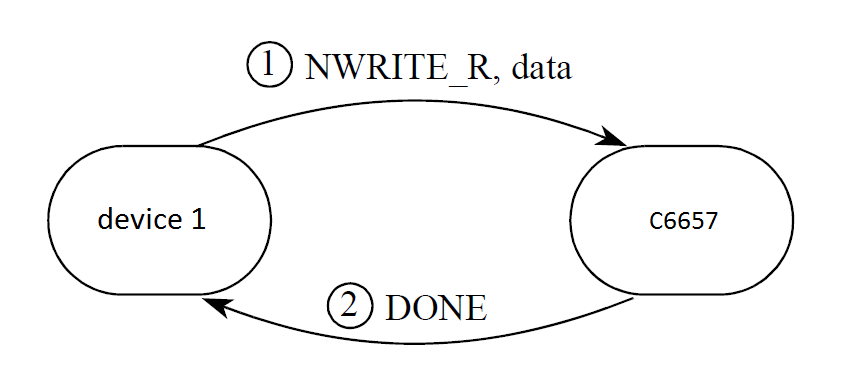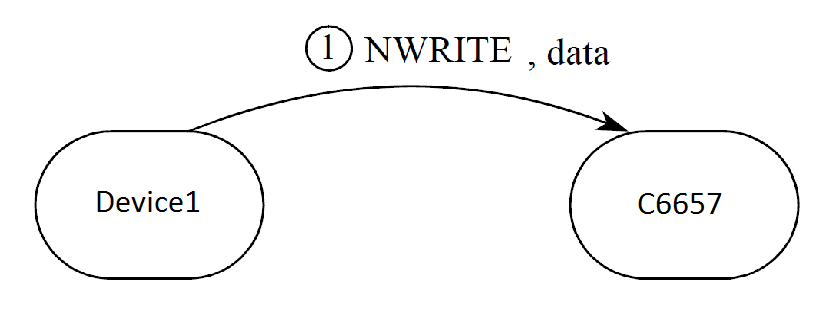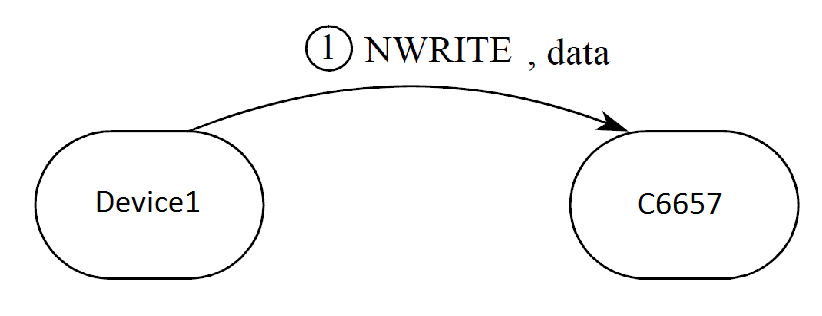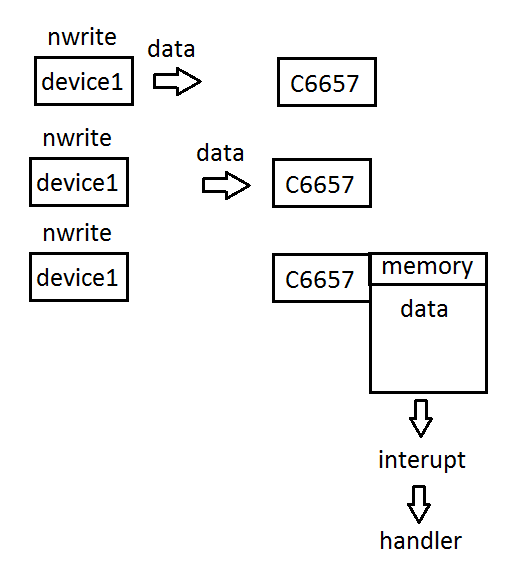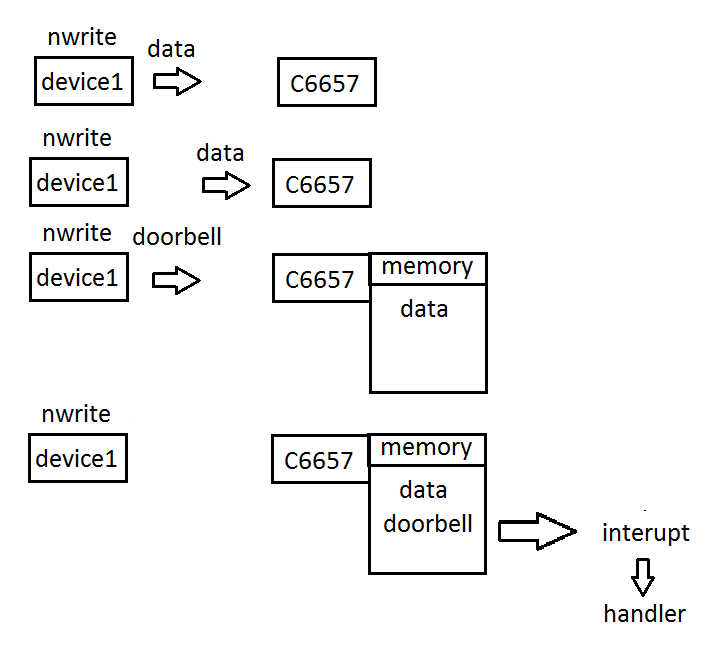the device1 transmits to the memory С6657 at the following address 0x10800000
in C6657 only init SRIO
1) Init SRIO C6657
2) Init SRIO DEVICE1
3) creating a transmission on the device1 in C6657 at the following address memory 0x10800000 (internal memory C6657)
It works fine!
how to set interrupts C6657?? when the internal memory of the C6657 to receive a certain number of bytes ?



